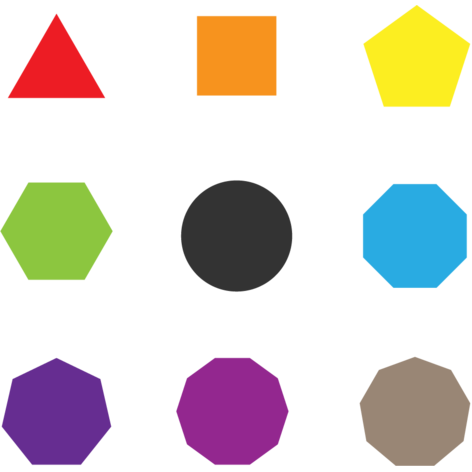World AIDS Day
It was 1985 and I was walking down Castro Street toward Market on a gorgeous June San Francisco day. I had graduated from High School in Houston, Texas just a week earlier and now I was surrounded by the exact opposite of where I had grown up – a liberal fantasyland which felt truly unreal – yet it wasn’t the rainbow flag festooned boulevard then that it is today; instead, black bunting and sorrow ruled the neighborhood. I had only read about AIDS in Time magazine, though one of my high school friends had died of the disease a year earlier. During that summer of love, as I attended chef’s school across the bay by day and caroused my new hometown by night, it never occurred to me that I was at risk. When I met men and they asked me if I was “clean” it never dawned on me to ask the same of them. And so I joined the ranks of my brothers that summer. I became infected with HIV.
32 years later, I’m still here. I’ve been to hundreds and hundreds of funerals – in the 90s there were sometimes 2 or 3 a week. I hunkered down and tried to survive. I marched and ActedUp. I held hands at hospital bedsides. I took my meds until they didn’t work anymore and then changed to others - again and again. I was lucky that the meds got better. Today, I am fully engaged on the front-lines of social equality as a member of the Out Boulder County Board of Directors, an honor I never imagined I would live to see. My partner is HIV negative and will stay that way thanks to the new meds. We are open about everything and we don’t tolerate stigma.
Today is World AIDS Day. The landscape of the disease is very different now than it was in the dark days at the end of the last century. The disease is “manageable”, transmission is preventable, and many long term survivors like myself have made it far enough to be facing the traditional struggles of middle-age like heart disease, high blood pressure, and even Alzheimer’s disease. For the LGBTQ community, the AIDS crisis followed Stonewall and redefined our marginalized status, galvanizing us into action and establishing the first glimpses of what has today become one of the strongest socially aware populations in our country. As the arguably first truly inclusive social paradigm, today we fight for the rights of other endangered communities – working hard to combat ethnic and racial discrimination, immigrant rights, and of course, the struggles of the trans community and other politically threatened groups. We do this as the legacy of the millions who died while the masses stayed silent. We will never let that happen again.


